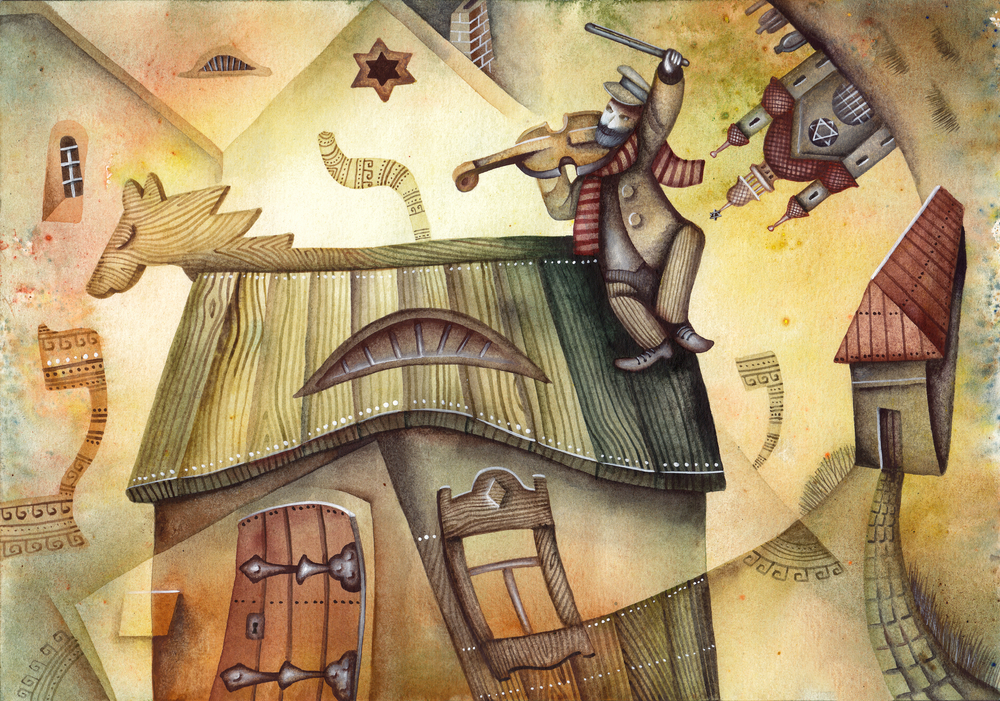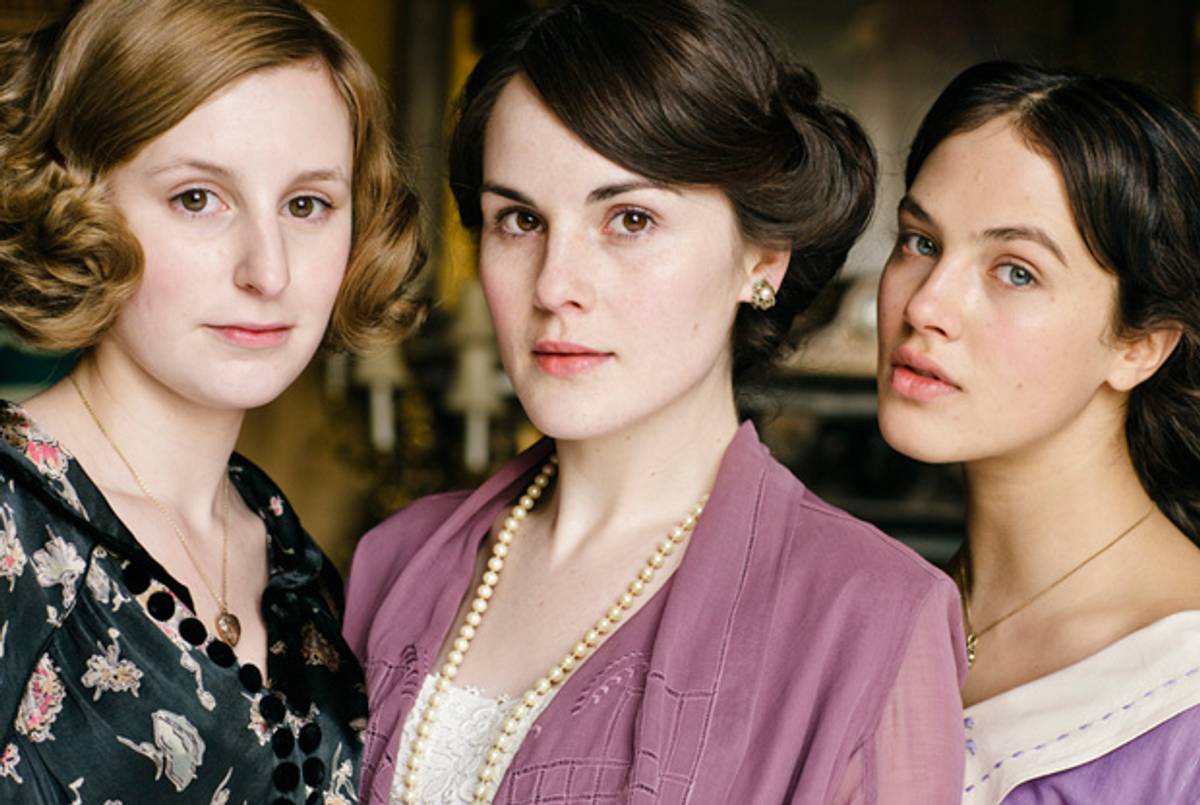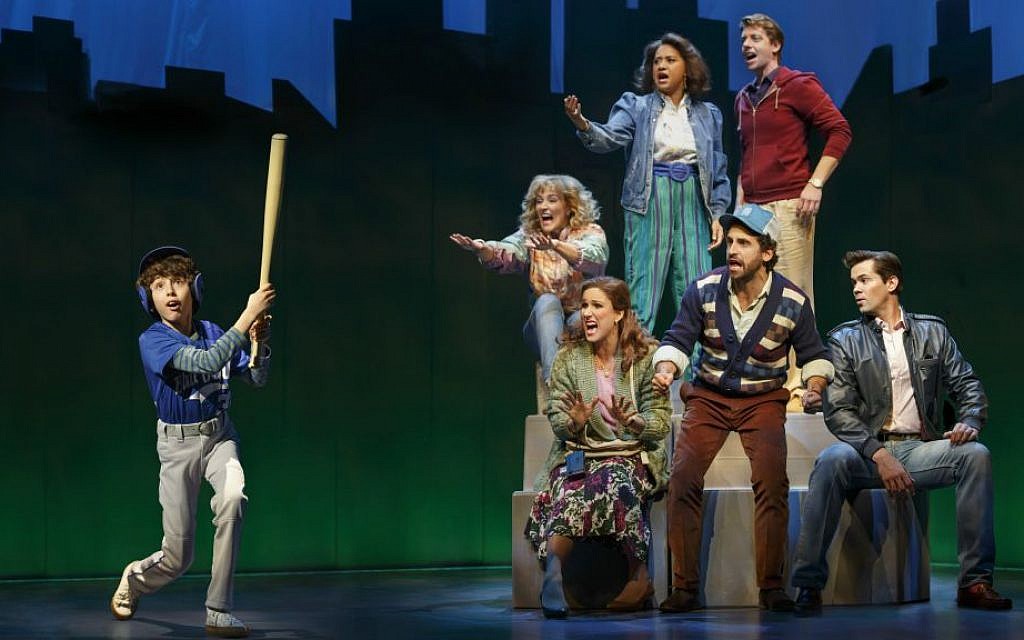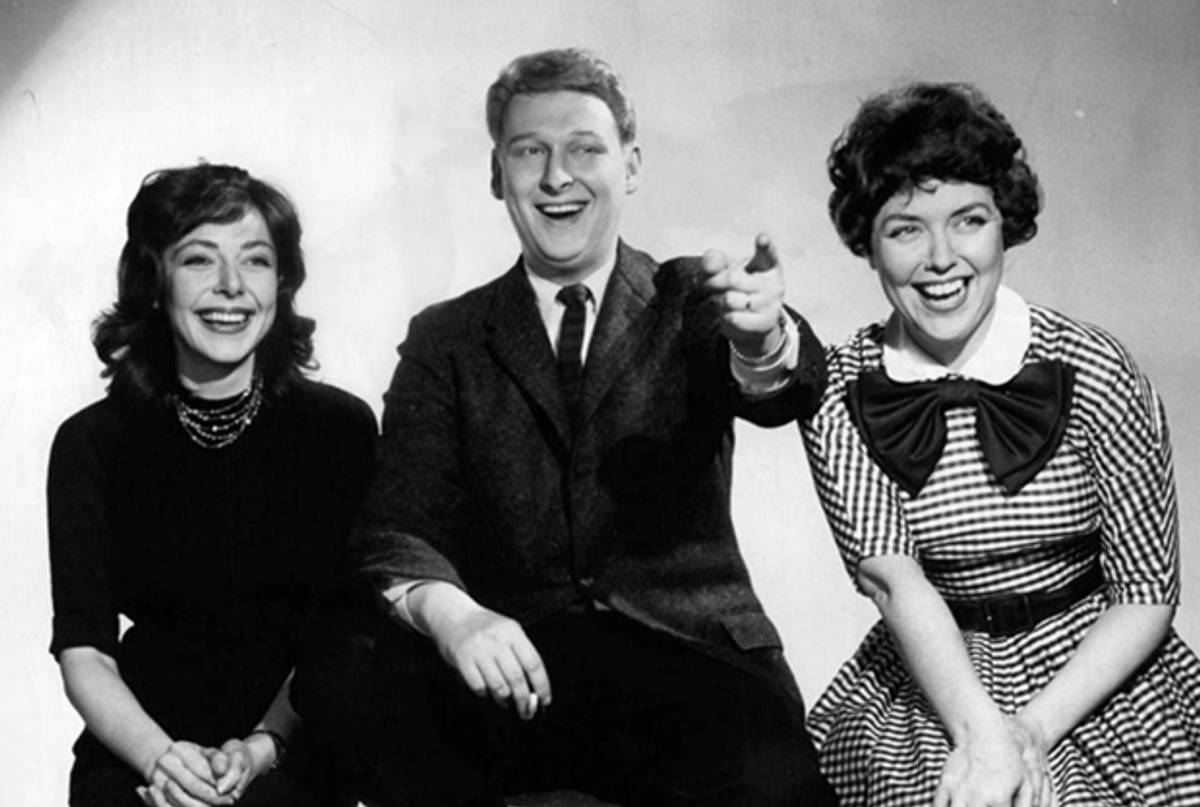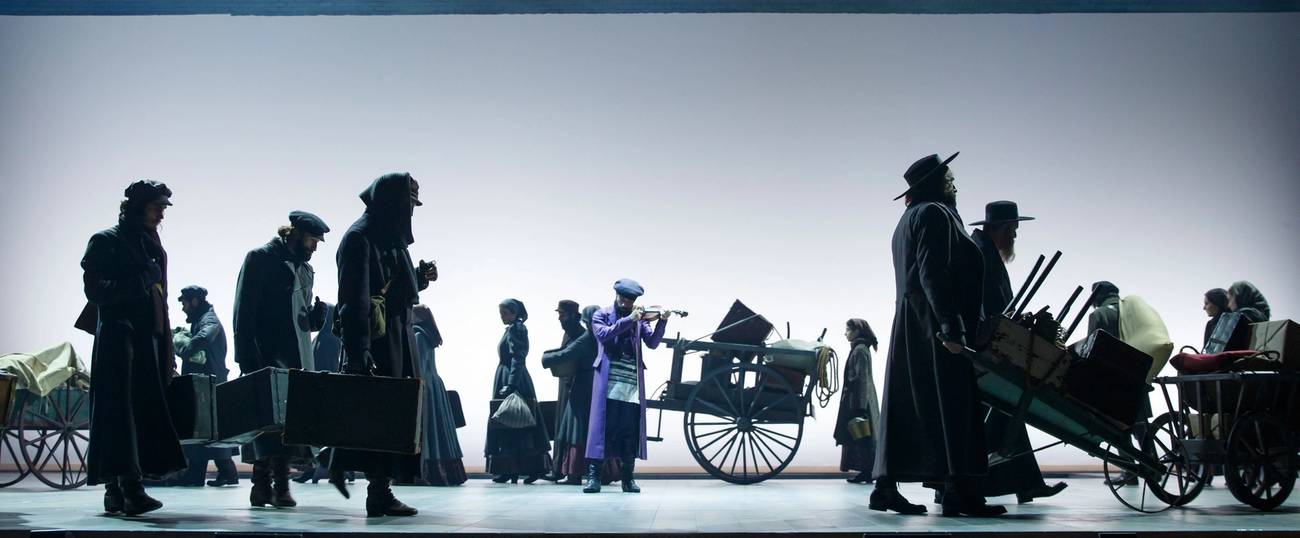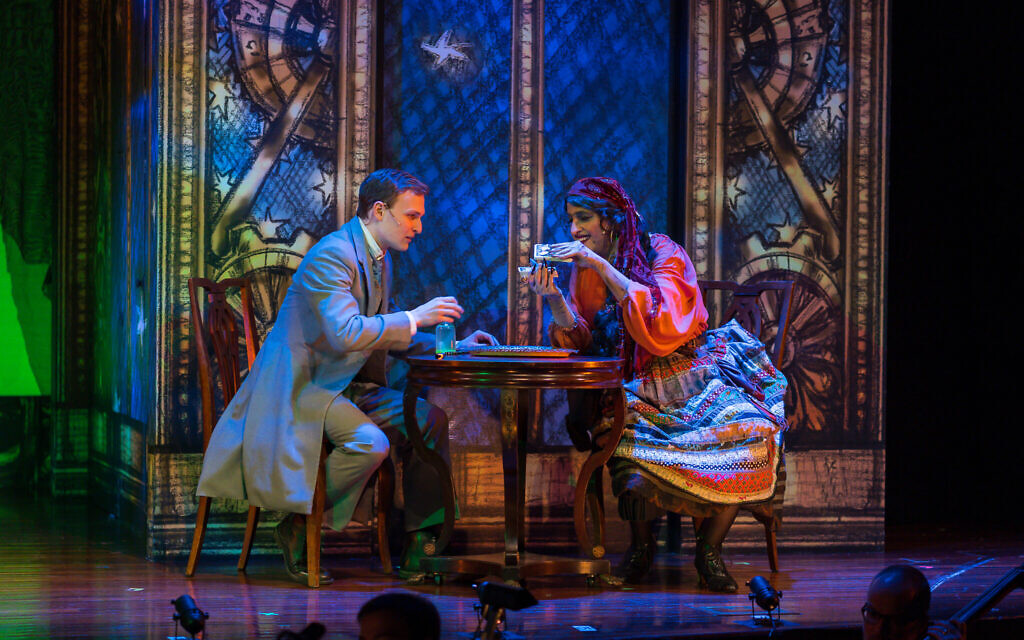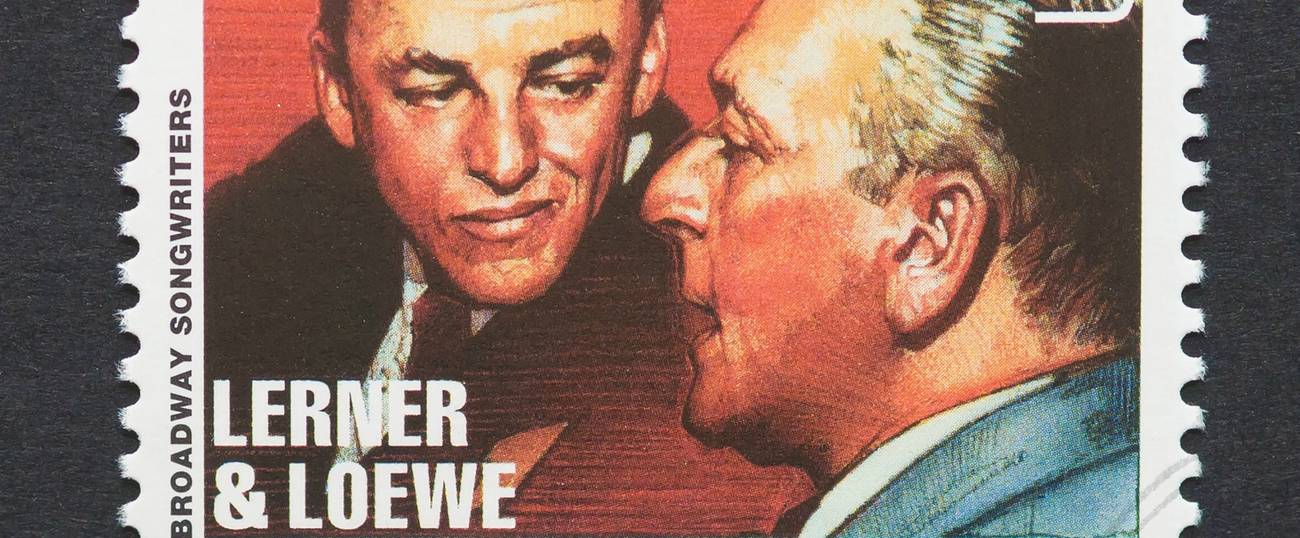Fiddler on the roof is a musical with music by jerry bock lyrics by sheldon harnick and book by joseph stein set in the pale of settlement of imperial russia in or around 1905.
Fiddler roof jews are miserable lot.
Residents who had relocated from the eastern war zone said that despite the village s lack of amenities they were thankful for a peaceful place to live and a roof over.
The jews had their torah to comfort them although women were rarely taught hebrew so as to be able to read it.
Among observant jews the same might be said of moving to israel where most jews get automatic citizenship if the wrong person takes office or if conditions change in the united states.
Jewish backwardness from fiddler on the roof the audience gets no sense of the downside of the jewish reformation as it left its impress on jewish life in the pale in the nineteenth century.
In real life anatevka ukraine s jewish refugees cling to tradition despite heavy debt and difficult physical conditions village named for fiddler shtetl serves as a living breathing.
It is based on tevye and his daughters or tevye the dairyman and other tales by sholem aleichem the story centers on tevye the father of five daughters and his attempts to maintain his jewish religious and.
These aspects of jewish tradition and culture are explored in sierra school of performing arts 50th anniversary celebration of the broadway musical fiddler on the roof.
Set in the ukrainian shtetl of anatevka in 1905 imperial russia fiddler tells the story of jewish milkman tevye wife golde and their five daughters facing the headwinds of change.
The original fiddler on the roof broadway show premiered in 1964 taking home nine tony awards.
Albin evoked the evening s theme speaking and even singing about fiddler on the roof s fictional town anatevka in 1905.
The village of anatevka located just miles from the fictional setting of fiddler on the roof is a dusty fenced in and mostly treeless cluster of buildings this week work crews could be seen building two new structures.
Tevye pours out his complaints in an ongoing and unrequited dialogue with god.
It was adapted for the big screen in 1971 at the tail end of the 1960s movie musical craze.




